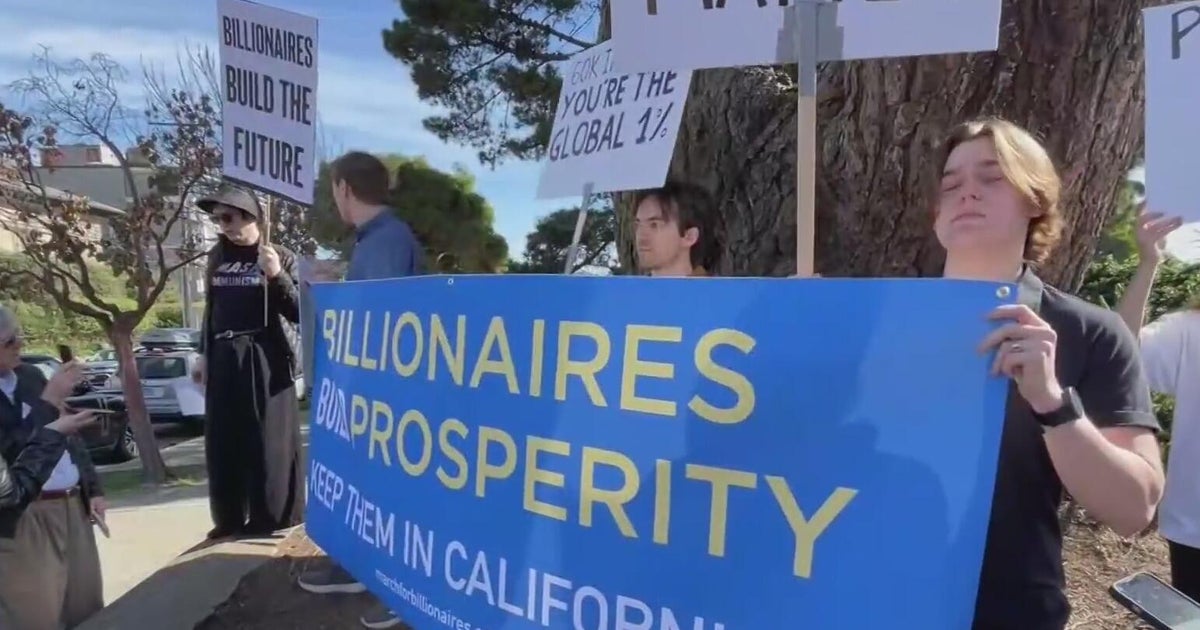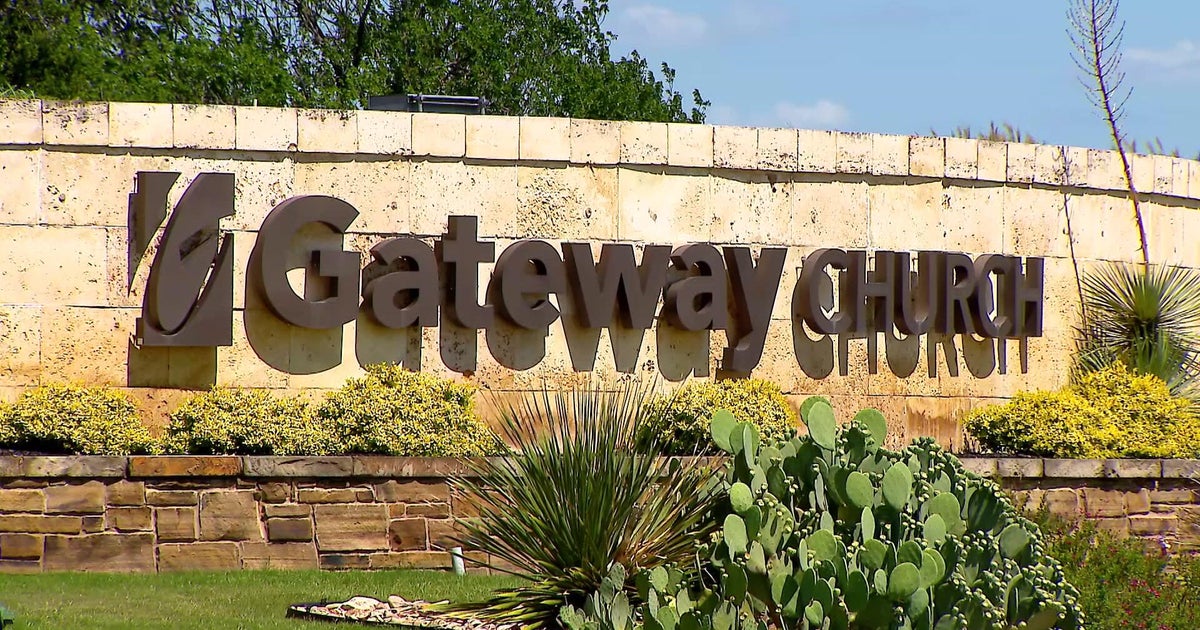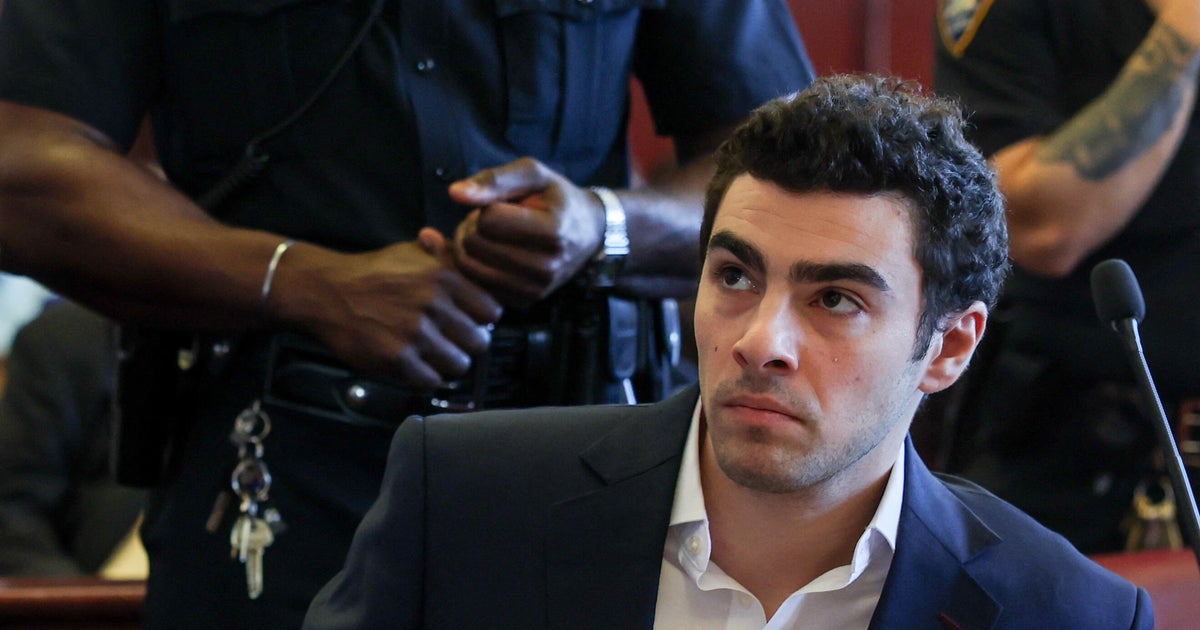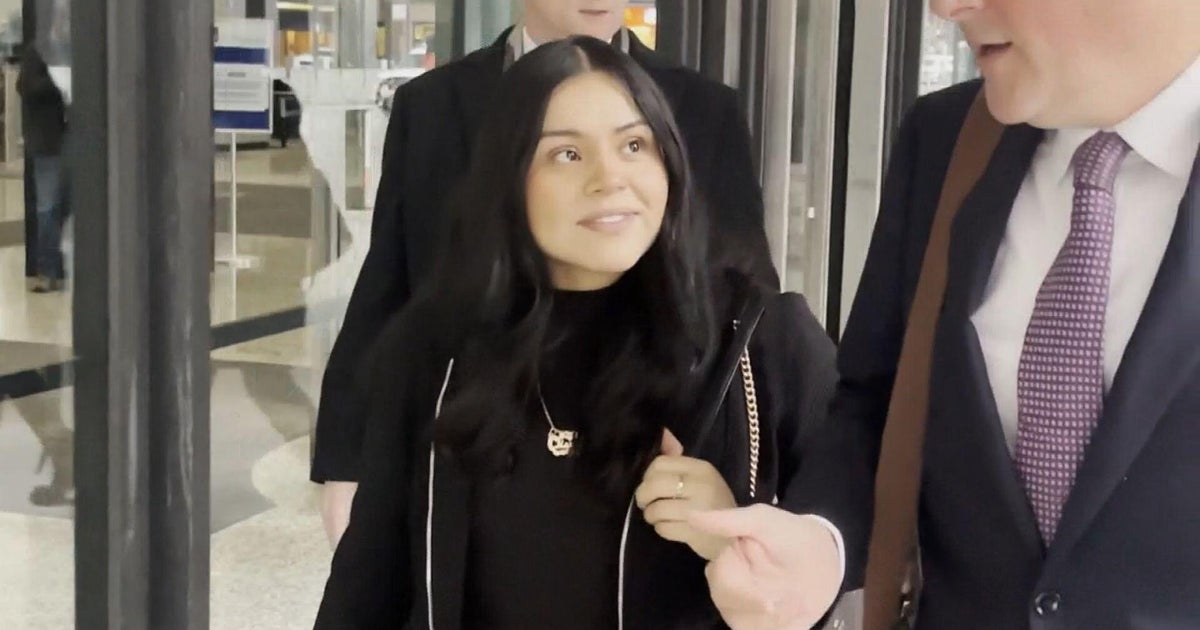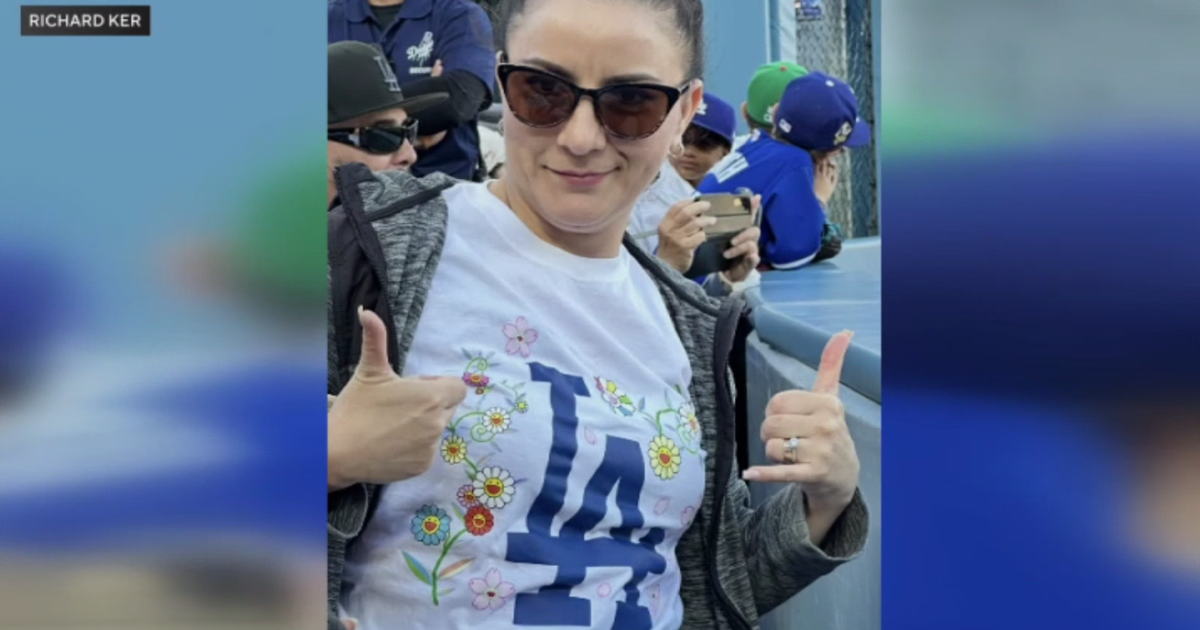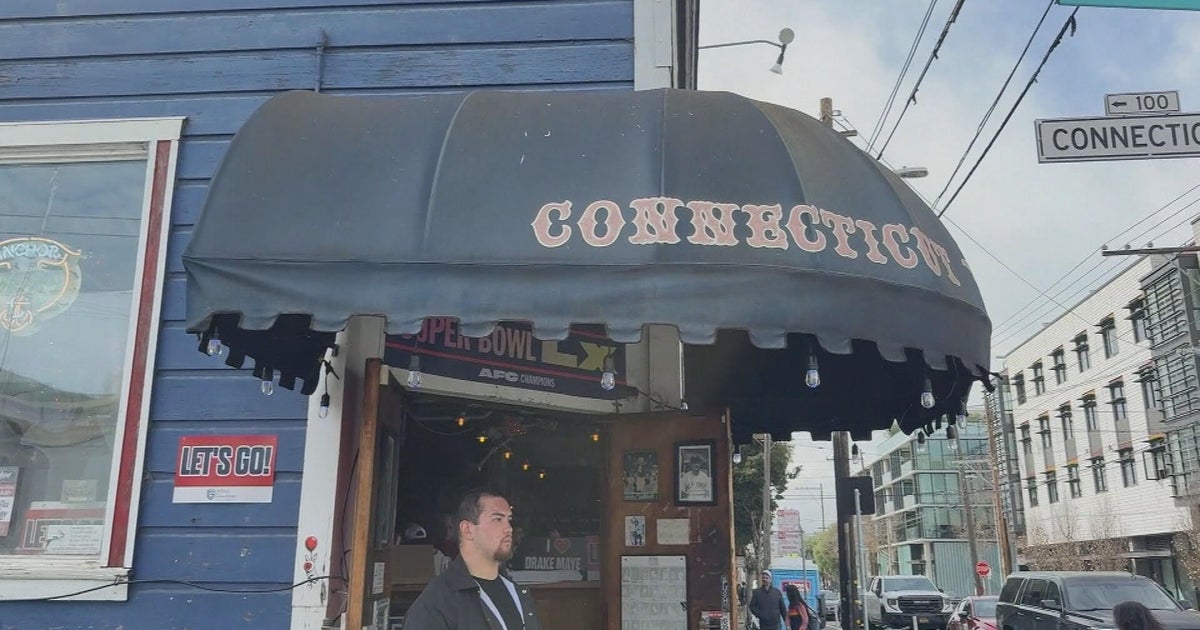Prop 8 Appeals Court Ruling Not Expected For Months
SAN FRANCISCO (KCBS/AP) - One thing that both sides in California's same-sex marriage debate seemed to agree on now that a federal appeals court has heard the case: it will be a waiting game.
It appears the three judges were in no hurry to rule on the constitutionality of Proposition 8 following Monday's oral arguments at the 9th U.S. Circuit Court of Appeals in San Francisco. The court wasn't expected to issue a ruling until sometime in Spring 2011.
The losing side could appeal to an 11-judge panel in San Francisco, or go right to the U.S. Supreme Court.
KCBS' Doug Sovern Reports:
The nature of that ruling would determine where the case would go next.
"They could decide that based on California's particular facts, it's unconstitutional. Or they could decide it on grounds that are applicable nationally," said David Boies, one of the lawyers representing the gay couples who saw the ballot measure declared unconstitutional.
Proposition 8 defender Austin Nimocks remained hopeful that the court wouldn't deny his side the right to pursue an appeal.
"It'll be, I think, another tragic day for California because then again a measure which was enacted by over 7 million Californians will have gone down with nobody standing up to defend that measure whatsoever."
A line of questioning at Monday's appeals court hearing over California's gay marriage ban suggested the three judges could issue a decision that would legalize same-sex marriage in that state but leave intact bans in other western states under the court's jurisdiction.
The appeals court heard nearly three hours of arguments Monday during a televised hearing that reached a nationwide audience anxious for a final decision on whether voter-approved Proposition 8 and similar same-sex marriage bans violate the U.S. Constitution.
The judges appeared troubled over whether they could recognize marriage as a civil right for all same-sex couples or only those in states that already grant gays the rights of marriage without the title.
Theodore Olson, who argued a portion of the case on behalf of the two same-sex couples who sued to overturn Proposition 8 and persuaded a lower court to strike it down, said denying gays the right to wed constitutes discrimination that cannot be justified under any circumstances.
"What this comes down to, it seems to me, is that California has built a fence around its gay and lesbian citizens and it has built a fence around the institution of marriage, which the Supreme Court says, not based on procreation or anything else, is the most important relationship in life," Olson said.
Attorney Charles Cooper, who represents sponsors of the 2008 measure, argued that same-sex couples can be treated differently when it comes to marriage without running afoul of the Constitution because "sexual relationships between men and women naturally produce children."
"Society has no particular interest in a platonic relationship between a man and a woman no matter how close it might be, or emotional relationships between other people as well, but when the relationship becomes a sexual one, society has a considerable interest in that," Cooper said. "Its vital interests are actually threatened by the possibility of an unintentional and unwanted pregnancy."
Monday's hearing also focused on whether Proposition 8's supporters have legal standing to challenge a lower court ruling that the ban was unconstitutional. The issue surfaced after outgoing California Gov. Arnold Schwarzenegger and Attorney General Jerry Brown both refused to challenge the ruling that overturned the ban.
The panel appeared dubious about whether the ban's supporters were qualified to appeal but also seemed worried about allowing the governor and attorney general to effectively kill Proposition 8 by refusing to defend it.
(© 2010 CBS Broadcasting Inc. All Rights Reserved. This material may not be published, broadcast, rewritten, or redistributed. The Associated Press contributed to this report.)


